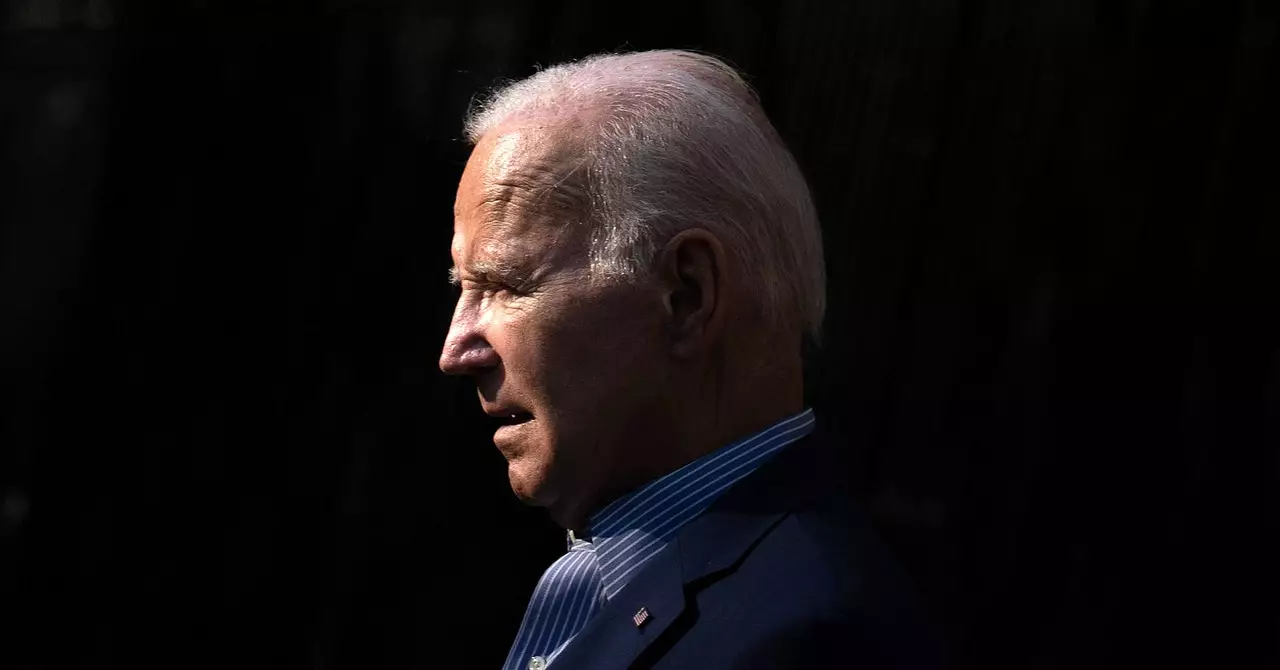In a recent development, New Hampshire Attorney General, John Formella, revealed the identity of the Texas-based telecom company responsible for the AI-generated robocalls that impersonated President Joe Biden leading up to the state’s presidential primary last month. At a press conference, Formella disclosed that Life Corporation, owned by Walter Monk, was identified as the source behind thousands of calls. Taking the matter seriously, Formella’s office issued a cease-and-desist letter to the company and initiated a criminal investigation. Additionally, the Federal Communications Commission (FCC) sent its own cease-and-desist letters to Life Corporation as well as another Texas company named Lingo Telecom, the alleged voice service provider for the calls.
During the press conference, Formella emphasized the significance of maintaining public confidence in the electoral process. The investigation serves to underscore the commitment of the law enforcement agencies to address any attempts to undermine elections, whether through AI or other means. The aim is not only to apprehend the culprits but also to deter any person or entity contemplating similar actions in the future.
It is estimated that anywhere between 5,000 to 25,000 of these fraudulent robocalls were made before the New Hampshire primary. The calls, imitating Joe Biden’s voice, urged voters to withhold their votes until November, stating that their votes would not make a difference in the primary. This deliberate misinformation was intended to discourage voter participation.
In January, researchers from two separate teams determined that the voice call in question was created using voice-cloning software provided by the AI startup, Eleven Labs. However, the company denied any responsibility for the Biden clone, claiming its dedication to preventing the misuse of audio AI tools.
The FCC recently announced a proposal to ban robocalls that use AI-generated voices, thereby amending the Telephone Consumer Protection Act (TCPA) of 1991, which regulates telemarketers. By updating the TCPA, the FCC intends to curb the growing menace of robocalls, particularly those misleadingly utilizing AI-generated voices. In the past, the FCC has successfully targeted junk callers, such as conservative activists Jacob Wohl and Jack Burkman, imposing fines of over $5 million for violating the law. By enforcing stricter regulations, the FCC aims to ensure that consumers can trust the identity of the individuals on the other end of the line.
The discovery of the Texas telecom company behind the AI-generated robocalls in New Hampshire has shed light on the importance of safeguarding the integrity of the electoral process. The swift action taken by the Attorney General’s office, in collaboration with the FCC, sends a clear message of deterrence to anyone seeking to undermine elections through deceptive tactics, including the misuse of AI technology. As the investigation progresses, it is crucial to adopt stronger regulations, as proposed by the FCC, to protect the public from the harmful effects of robocalls and maintain trust in our democratic systems.


Leave a Reply